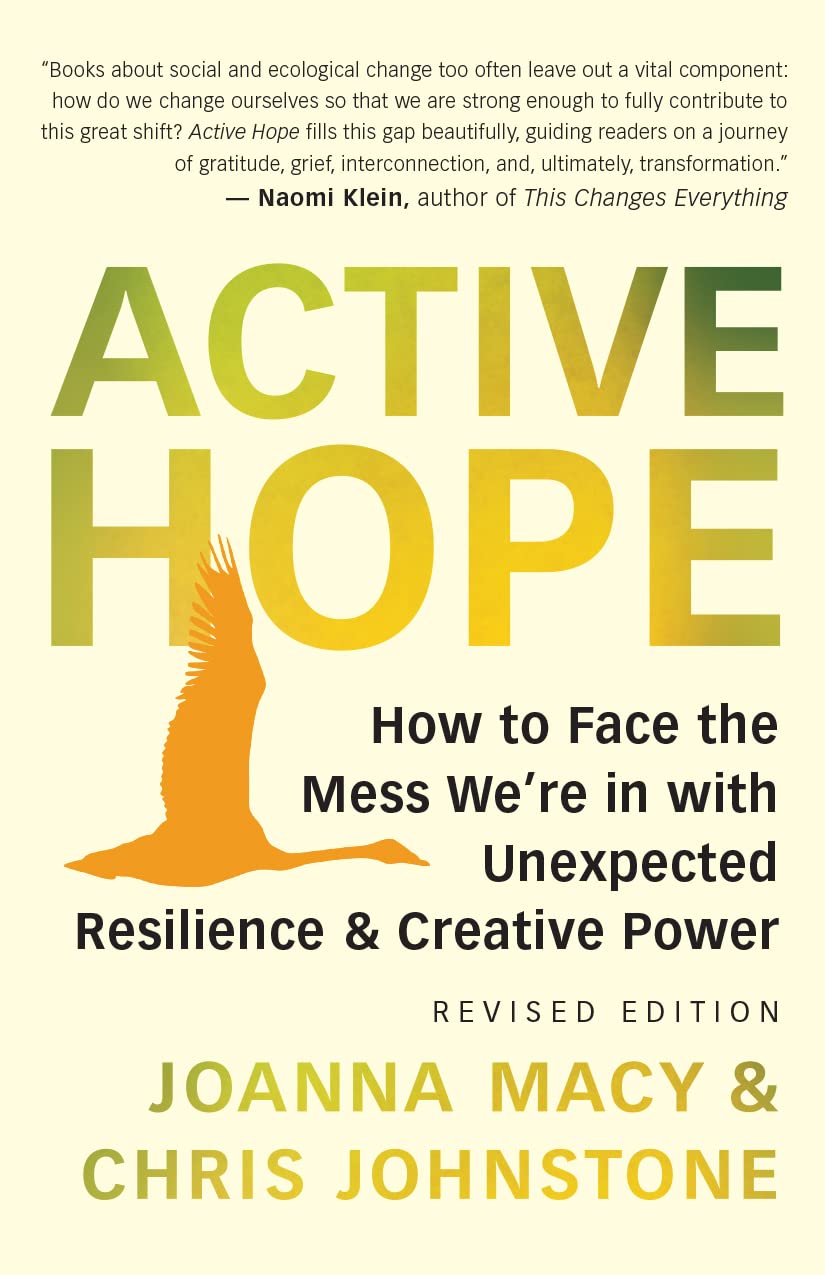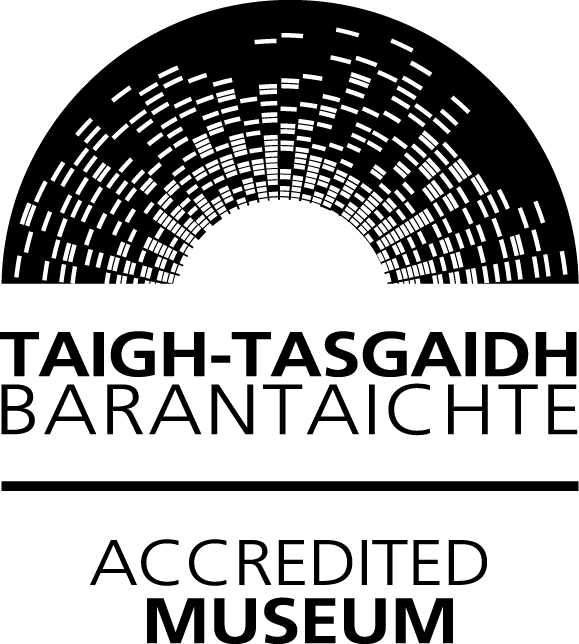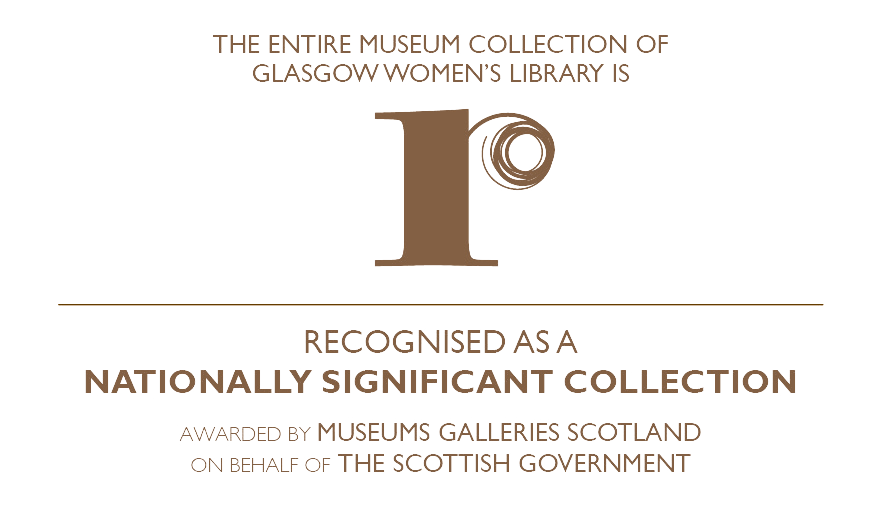Iona recommends:
Memo for Spring by Liz Lochhead
Those familiar with the Scottish literary scene may already have a good understanding of Lochhead’s work, with her award winning debut collection and numerous subsequent works firmly establishing her as an exciting and innovative poet. Reprinted and republished numerous times (most notably in larger collection ‘Dreaming Frankenstein’ 1984) ‘Memo for Spring’(1972) made a significant comment on women’s issues in a national and universal context.
Lochhead’s work is refreshing, with an “overtly feminist agenda“ ( BBC biography) often plain to see, proving itself to be a particularly good introduction for those who shy away from poetry due to its perceived inaccessibility.
‘After a warrant sale’ catalogues the dignified departure of a disappointed woman who, having waited her failing marriage out, finally leaves after a warrant sale strips the residual material value from her home. Lochhead admits that she cannot understand why Ann stayed ‘long past the death of love’, stating that she (Lochhead) is very young and expects, with a melancholic tone, ‘not too much of love- just that it should completely solve me’. In one line Lochhead aligns herself with young people everywhere, for whom the desire to be solved by another seems totally acceptable, combined with a quiet acceptance that it is probably unrealistic. That Lochhead captures this familiar, yet often indescribable concept so succinctly is testament to her talent.
‘Obituary’ describes the initial stages of a love affair, the title an ironic comment on its subject matter. Lochhead documents the seemingly infallible nature of a relationship in its first throes of love, illustrating the various commonplace attributes which seem so special at the time, summarising each with ‘seems silly now really’. Closing her poem with ‘guilty of too much hope’ it is clear that her hopes for the relationship have been dashed and the title now makes perfect sense.
By setting much of her poetry in the familiar surroundings of Glasgow’s West End, and avoiding character descriptions of the men involved, Lochhead allows women in Glasgow in particular to experience that rare moment where readers can feel directly engaged or involved with a text. With this in mind I enthusiastically recommend ‘Memo for Spring’ and the more readily available ‘Dreaming Frankenstein’ to female readers in Glasgow and beyond.











